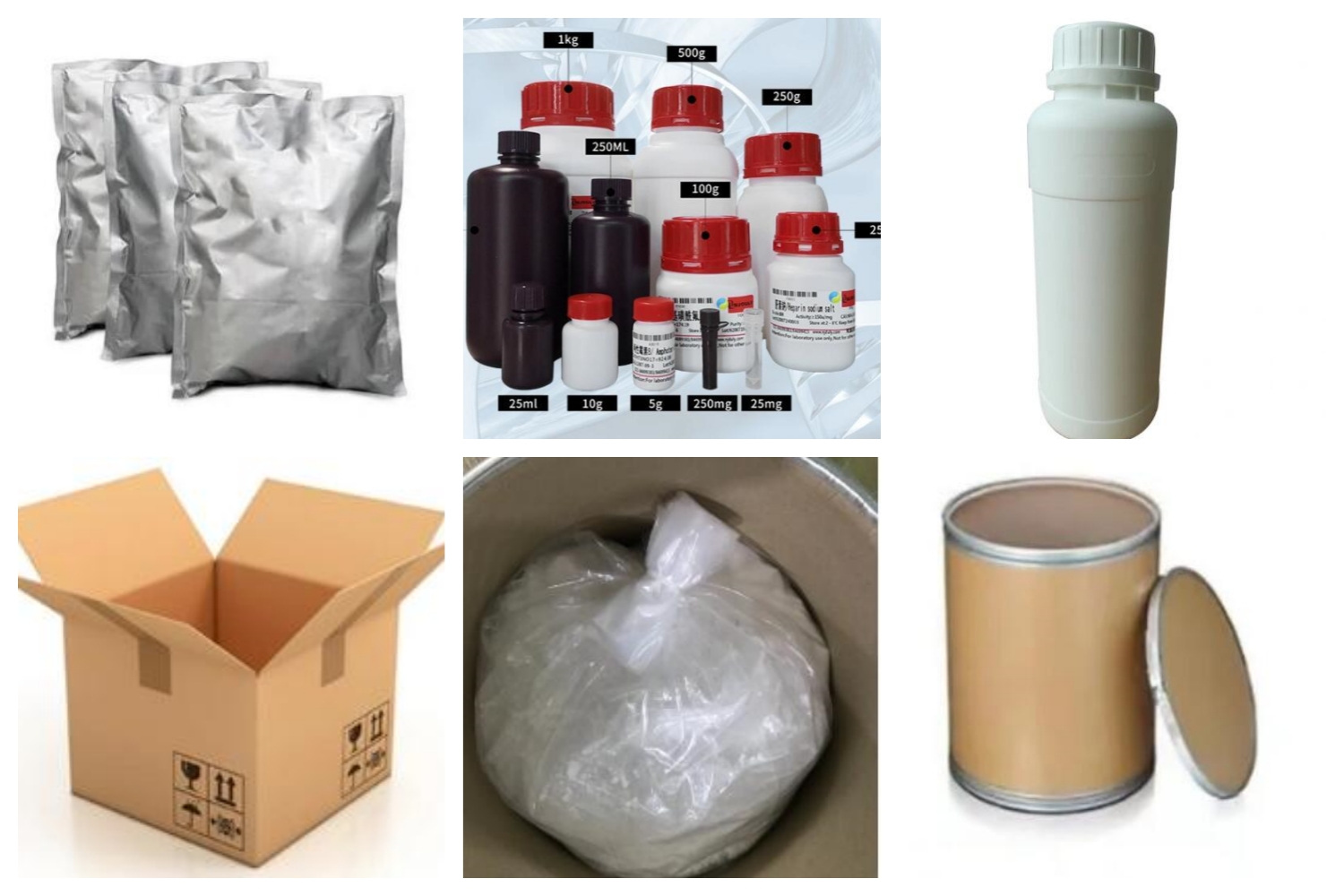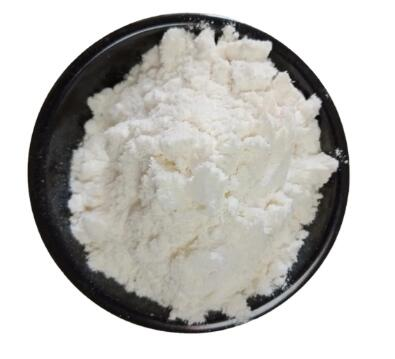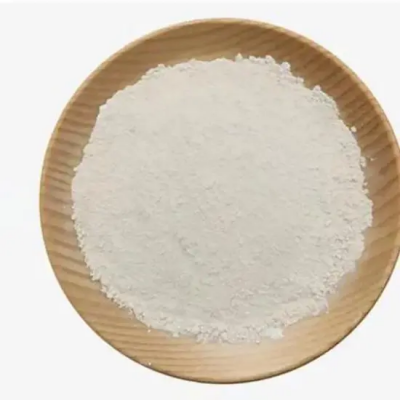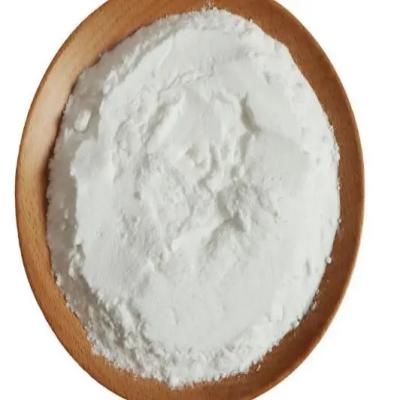Carboxypeptidase,dipeptidyl, A CAS:9015-82-1
Protein digestion: Carboxypeptidase plays a crucial role in the digestion of dietary proteins, breaking them down into smaller peptides and amino acids that can be absorbed and utilized by the body.
Enzymatic synthesis: Carboxypeptidase can be used in laboratory settings to synthesize peptides or proteins with specific C-terminal amino acids. By selectively removing unwanted amino acids from the peptide chain, the enzyme helps in the precise tailoring of protein structure and function.
Protein sequencing: Carboxypeptidases are commonly used in protein sequencing methods to determine the amino acid sequence of a protein. By sequentially removing one amino acid at a time from the C-terminal end, the enzyme aids in the identification and sequencing of the peptide chain.
Antibiotic production: Some antibiotic-producing microorganisms use carboxypeptidases as a defense mechanism. These enzymes modify or destroy antimicrobial peptides secreted by competing microorganisms, thereby enhancing the survival and growth of the antibiotic producer.
Therapeutic applications: Carboxypeptidase inhibitors have emerged as potential therapeutic agents due to their ability to modulate specific enzymatic activities. Modulating carboxypeptidase function has shown promise in various disease states, including cancer, inflammation, and neurological disorders.

| Composition | C2H5NO |
| Assay | 99% |
| Appearance | White powder |
| CAS No. | 9015-82-1 |
| Packing | Small and bulk |
| Shelf Life | 2 years |
| Storage | Store in cool and dry area |
| Certification | ISO. |









